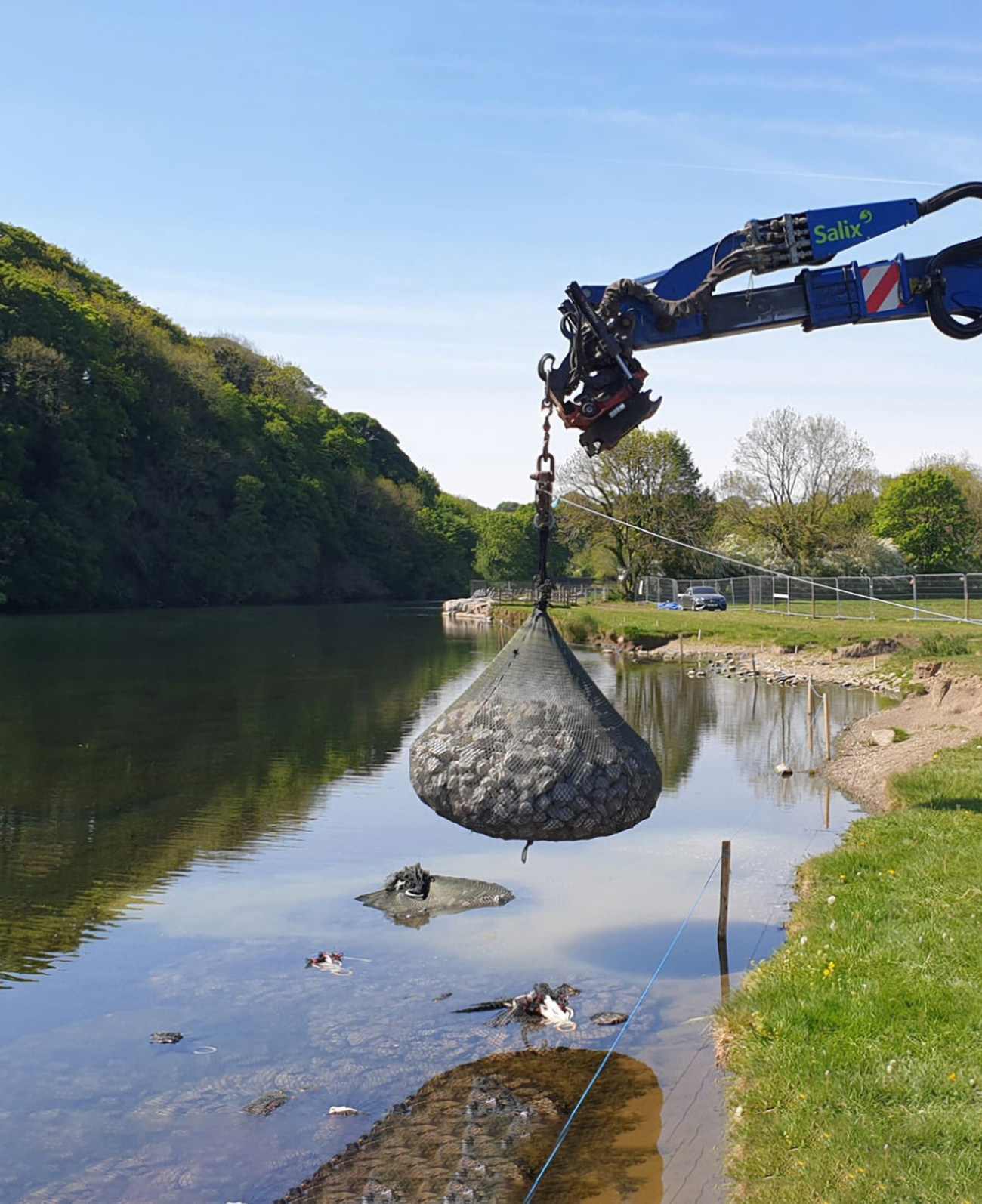
The Role of Water Filtration in Climate Resilience
The Role of Water Filtration in Climate Resilience
As climate change accelerates, its impact on water resources becomes increasingly evident. Rising temperatures, changing rainfall patterns, and extreme weather events are straining global water systems. In this context, advanced water filtration solutions like those offered by Water Restore play a critical role in building climate resilience for communities, industries, and ecosystems.
- Safeguarding Water Quality Amidst Climate Challenges:
Climate change exacerbates water contamination through increased runoff, flooding, and pollution. Water filtration systems, such as Granular Activated Carbon (GAC) and Passive Barrier Systems, effectively remove organic pollutants, heavy metals, and sediments, ensuring clean water for consumption and industrial use.
Key Impact: Protects communities from health risks associated with contaminated water during extreme weather events. - Supporting Water Availability During Scarcity:
Droughts and reduced rainfall threaten water availability in many regions. Advanced filtration systems enable the reuse of wastewater and stormwater, transforming these sources into safe, usable water for agriculture, industry, and municipal applications.
Key Impact: Enhances water recycling, ensuring sustainable use of limited resources. - Mitigating the Effects of Flooding:
Floodwaters carry sediment, pollutants, and pathogens that contaminate water supplies. Water Restore’s systems, such as Velocity Bags and Stormwater Filtration Units, filter these contaminants, preventing damage to ecosystems and infrastructure.
Key Impact: Reduces the long-term environmental and economic impact of flooding events. - Promoting Ecosystem Protection:
Healthy ecosystems are essential for climate resilience, and clean water is critical for their survival. Eco-friendly filtration systems reduce sedimentation and pollution in water bodies, preserving aquatic habitats and biodiversity.
Key Impact: Maintains ecological balance, supporting both wildlife and human communities.
Why Water Filtration is Essential for Climate Resilience
- Adaptability: Flexible systems like Water Restore’s Passive Barriers adapt to diverse environments and challenges.
- Sustainability: Eco-friendly designs reduce environmental impact and promote long-term water resource management.
- Reliability: Advanced filtration ensures consistent water quality, even in extreme climate conditions.
Conclusion
Water filtration systems are no longer just about treating contaminated water—they are pivotal tools for climate resilience. By ensuring water quality, availability, and ecosystem protection, these systems help communities and industries adapt to the challenges of a changing climate.Partner with Water Restore today to implement advanced filtration solutions that support climate resilience and safeguard water resources for the future.
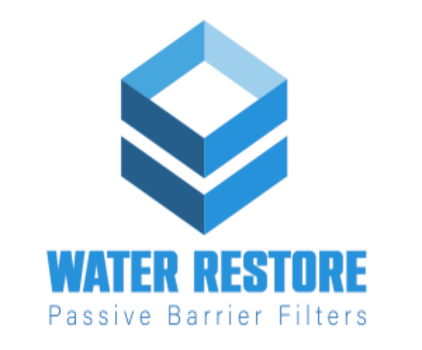


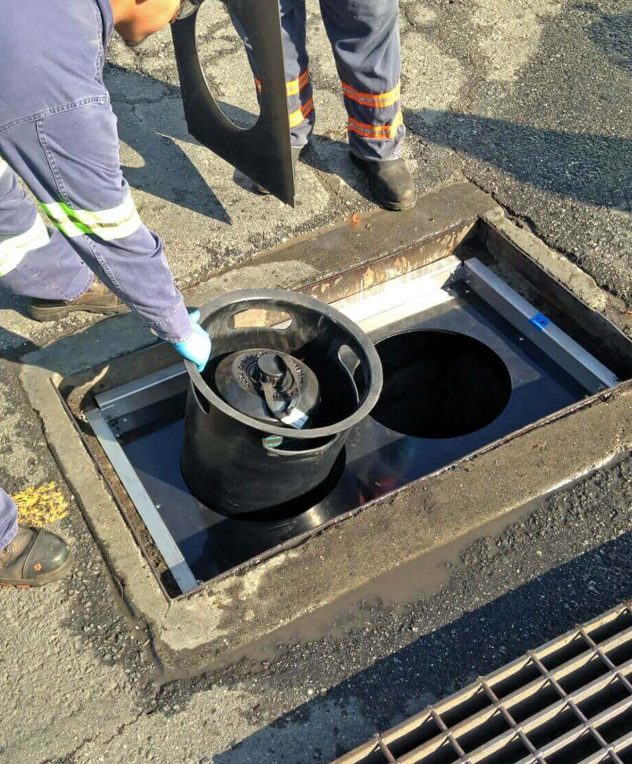
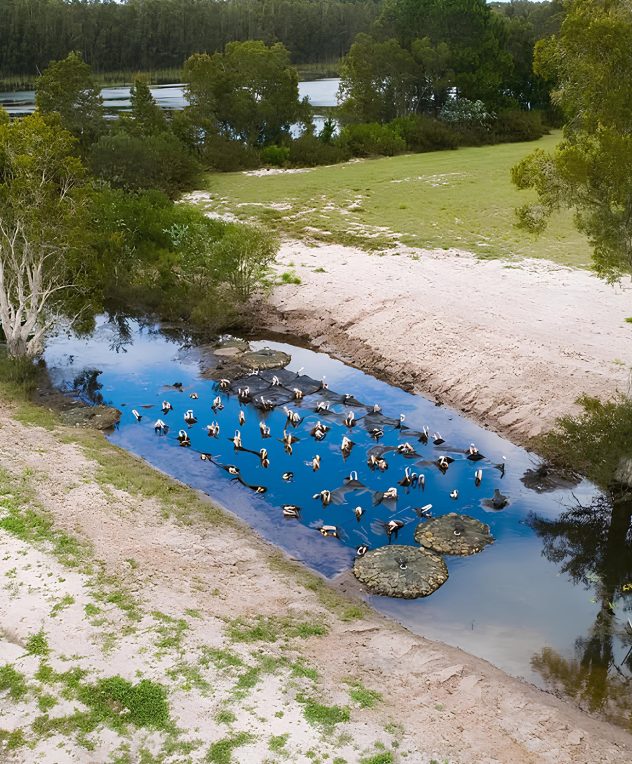
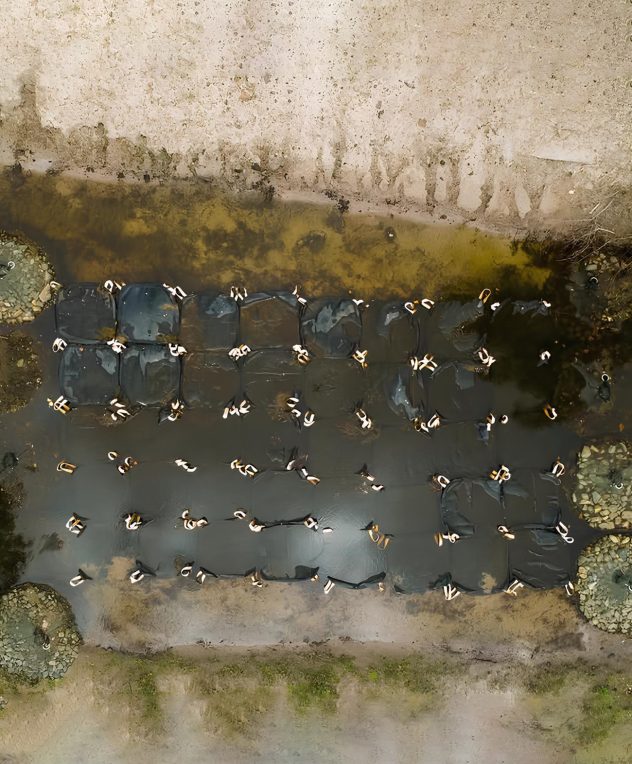
Leave a Reply